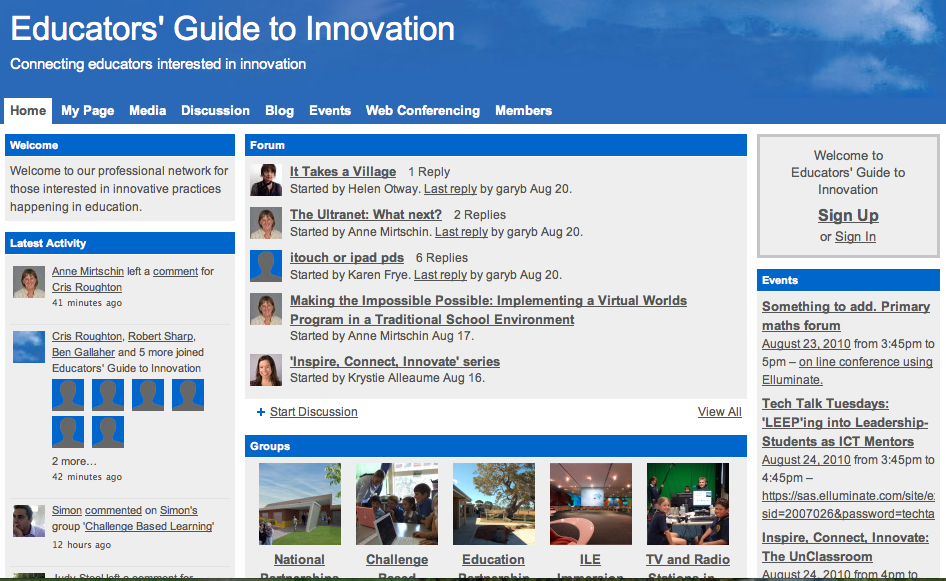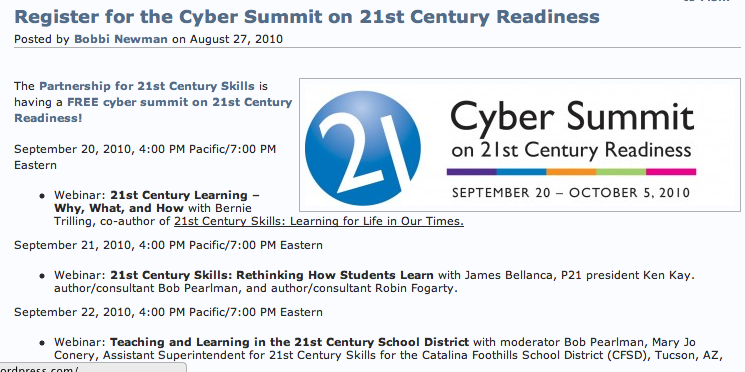| New research just released on “School Principals and Social Networking in Education: Practices, Policies, and Realities in 2010”
Princeton, NJ – September 9, 2010 – A new research report was issued today that summarizes the results of an extended look at school principals’ use of social networking. The underlying research for the report, “School Principals and Social Networking in Education: Practices, Policies, and Realities in 2010,” was conducted by edWeb.net, IESD, Inc., MMS Education, and MCH Strategic Data.
Since the creation of MySpace and LinkedIn in 2003 and Facebook in 2004, online social networking has quickly become a pervasive means for people to connect all over the world. Yet schools are one of the last holdouts, where many of the most popular social networking sites are often banned for students, and often for teachers, librarians, and administrators, out of a concern about safety, privacy, confidentiality, and lack of knowledge about how best to ensure appropriate use.
At the same time, education reform initiatives from all corners-Federal and state programs, education research, and policy initiatives-are advocating the use of innovative and collaborative technology to drive improvements in teaching quality and student achievement.
The goal of this research study was to take a close look at the attitudes of school principals about social networking for their own personal use, with their colleagues, and within their school communities. Principals can play an important role in encouraging and training their teachers and staff to adopt new technologies, and in setting policies for the use of technology and the Internet in schools.
The research was conducted in two phases: an online survey sent to a cross section of educators across the country in the fall of 2009, followed by an in-depth EDRoom online discussion with 12 principals who are currently using social networking in their professional lives.
Key findings:
· Most principals who responded to the survey believe that social networking sites can provide value in education because they provide a way for educators to share information and resources with an extended community of educators, create professional learning communities, and improve school-wide communications with students and staff. About half of the surveyed principals felt that social networking is very valuable for these purposes.
· Most of the principals in the discussion group thought that social networking and online collaboration tools would make a substantive change in students’ educational experience. Specific types of changes they mentioned included: development of a more social/collaborative view of learning; improved motivation, engagement, and/or active involvement; and creation of a connection to real-life learning.
· None of the responding principals in the discussion group had school/district policies in place on social networking that were deemed adequate, suggesting the need for conversations and collaboration on establishing policies that can facilitate appropriate use of social networking in schools for educational purposes.
For a free copy of the report:
You can download a copy of the report at any of the sponsors’ websites: www.edweb.net, www.mmseducation.com, or www.mchdata.com.
To request a copy or for more information, send an email to survey@edweb.net. |



